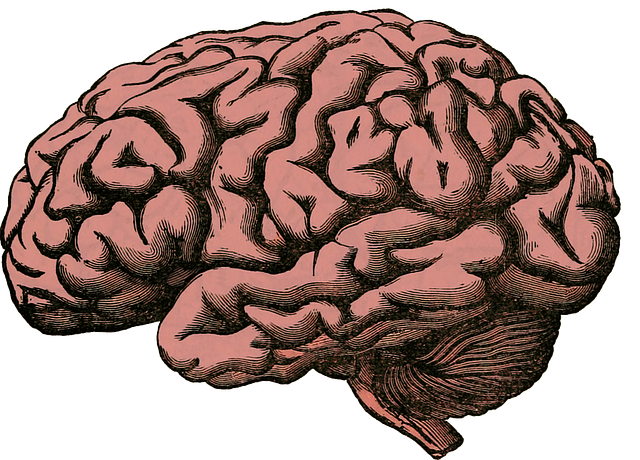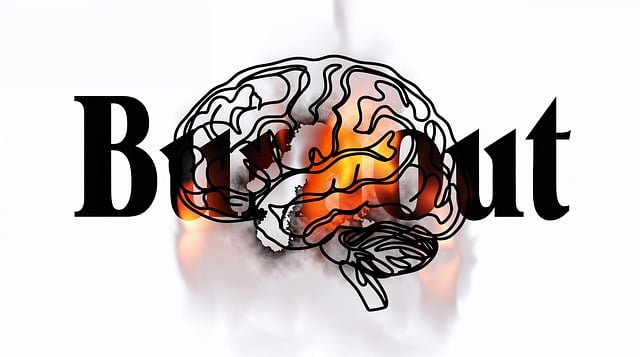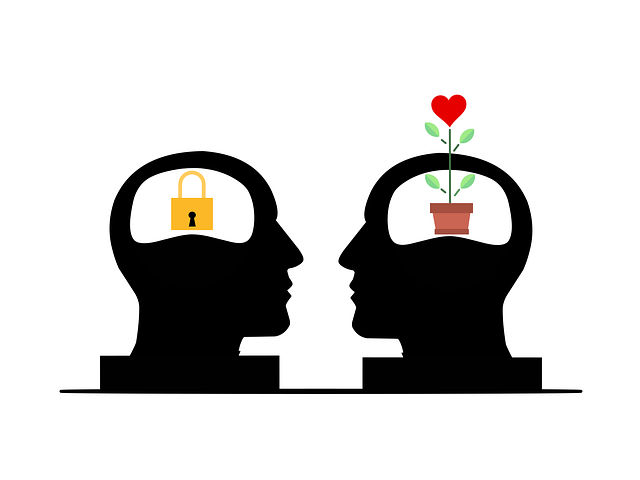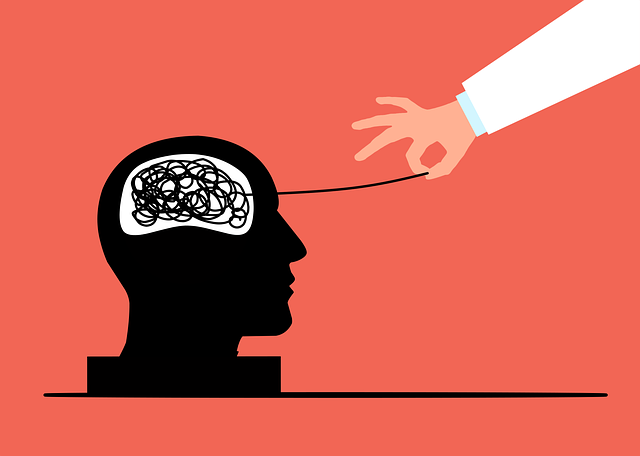Mental illness stigma in Colorado Springs significantly hinders access to essential Colorado Springs grief counseling therapy, leading to prolonged suffering and isolation. To combat this, initiatives promoting mood management, resilience building, and compassion cultivation through education, dialogue, policy changes, and open community communication are crucial. Effective strategies include mental wellness coaching programs, podcasts, and professional counseling, all aimed at normalizing conversations around mental health and reducing stigma in Colorado Springs grief counseling therapy settings, empowering individuals to seek help.
In Colorado Springs, mental illness stigma continues to impede individuals from seeking much-needed support. This article delves into strategies aimed at reducing this pervasive barrier to mental health care. We explore the profound impact of stigma on those struggling with their mental well-being and highlight effective communication techniques for community engagement. Additionally, we emphasize the critical role of professional counseling and therapy in challenging stigmatizing attitudes, particularly through sensitive support and education. Key focus areas include accessible Colorado Springs grief counseling therapy services as a powerful tool against mental illness stigma.
- Understanding Stigma and its Impact on Mental Health Seekers in Colorado Springs
- Strategies for Effective Communication to Reduce Stigma in Community Settings
- The Role of Professional Counseling and Therapy in Challenging Stigma
Understanding Stigma and its Impact on Mental Health Seekers in Colorado Springs

In Colorado Springs, mental illness stigma remains a significant barrier for individuals seeking help. Stigma often manifests as societal judgment and discrimination against those with mental health conditions, creating a culture of silence and shame. This can deter people from pursuing much-needed Colorado Springs grief counseling therapy or other forms of support, leading to prolonged suffering. The impact is profound, affecting not just the individual but also their social network, causing isolation and exacerbating existing mental health challenges.
Understanding stigma’s role in mental health is crucial for fostering an environment that encourages help-seeking behavior. By promoting mood management, resilience building, and compassion cultivation practices, Colorado Springs can move towards reducing stigma. These efforts involve education, open dialogue, and policy changes to create a supportive ecosystem where individuals feel safe to discuss their mental health struggles without fear of judgment or discrimination.
Strategies for Effective Communication to Reduce Stigma in Community Settings

In community settings, effective communication plays a pivotal role in reducing mental illness stigma. One powerful strategy is to encourage open dialogue and personal stories sharing among individuals who have experienced or are currently dealing with mental health challenges. This approach humanizes mental illness, fostering empathy and understanding among peers, family members, and broader society. By participating in conversations, sharing experiences, and listening actively, people can challenge stereotypes and misconceptions prevalent in Colorado Springs Grief Counseling Therapy settings and beyond.
Additionally, integrating educational initiatives like Mental Wellness Coaching Programs Development can significantly contribute to stigma reduction. These programs equip individuals with knowledge about mental health, promoting self-esteem improvement and resilience building. Furthermore, the production of a Mental Wellness Podcast Series can reach diverse audiences, offering valuable insights, expert advice, and personal narratives related to mental wellness. Such multimedia resources not only educate but also normalize conversations around mental illness, paving the way for more supportive community environments in Colorado Springs.
The Role of Professional Counseling and Therapy in Challenging Stigma

Professional counseling and therapy play a pivotal role in challenging the deeply rooted stigma associated with mental illness. In Colorado Springs Grief Counseling Therapy, for instance, therapists create safe spaces where individuals can openly discuss their experiences without fear of judgment. This process encourages self-acceptance and fosters a deeper understanding of mental health conditions, thereby countering misconceptions prevalent in society.
Through structured interventions tailored to individual needs, therapists promote cultural sensitivity in mental healthcare practice. By acknowledging the diverse cultural contexts that shape perceptions of mental illness, these professionals ensure inclusive care that resonates with clients from various backgrounds. Community outreach program implementation also forms a crucial component, as it brings therapy directly into public spaces, breaking down barriers and normalizing conversations about mental wellness.
Mental illness stigma is a significant barrier to those seeking help, but with concerted efforts through open communication, community involvement, and professional counseling like Colorado Springs grief counseling therapy, we can create a more inclusive environment. By challenging stigmatizing attitudes and behaviors, we enable individuals to access the support they need without fear of judgment or discrimination. Through these strategies, Colorado Springs can become a more supportive haven for mental health seekers.














